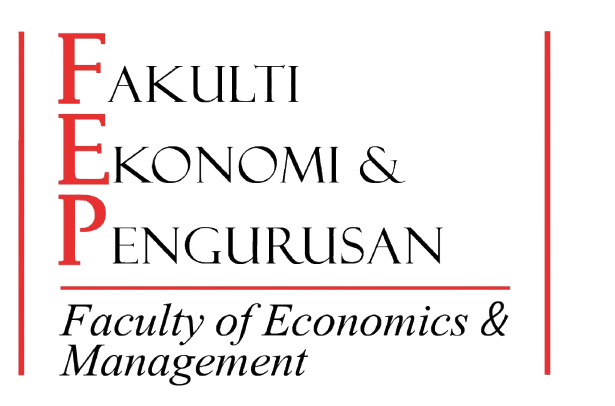The Implications of Covid-19 on State-Level Poverty in Malaysia
Keywords:
poverty, Gini coefficient, COVID-19, inflation, macroeconomyAbstract
This study examines how COVID-19 affected poverty across Malaysia’s states between 2019 and 2023. Focusing on key macroeconomic drivers such as inflation, the Gini coefficient, and gross domestic product (GDP), the analysis draws on the Kuznets Curve framework to interpret links between income per capita and inequality. Using panel data methods that combine five years of time-series observations with cross-sectional data for 13 Malaysian states, the study estimates static panel models (Pooled OLS, Fixed Effects, and Random Effects). The results indicate that economic growth reduces poverty, while widening income inequality (higher Gini coefficient) is associated with significantly higher poverty incidence. Reported COVID-19 cases and inflation are not statistically significant, a pattern plausibly consistent with targeted government transfers and other support measures that mitigated immediate shocks. These findings underscore the importance of inclusive growth and fairer income distribution in post-pandemic poverty reduction. Policy suggestions include strengthening targeted social protection, narrowing income gaps, ensuring inclusive growth, improving crisis-response delivery, and enhancing poverty data systems to support sustained poverty reduction in Malaysia.
Keywords: Poverty; COVID-19; gross domestic product (GDP); Gini coefficient; inflation
Downloads
Published
Issue
Section
License
Copyright (c) 2025 MIICEMA International Journal of Community and Social Development

This work is licensed under a Creative Commons Attribution-NonCommercial 4.0 International License.







